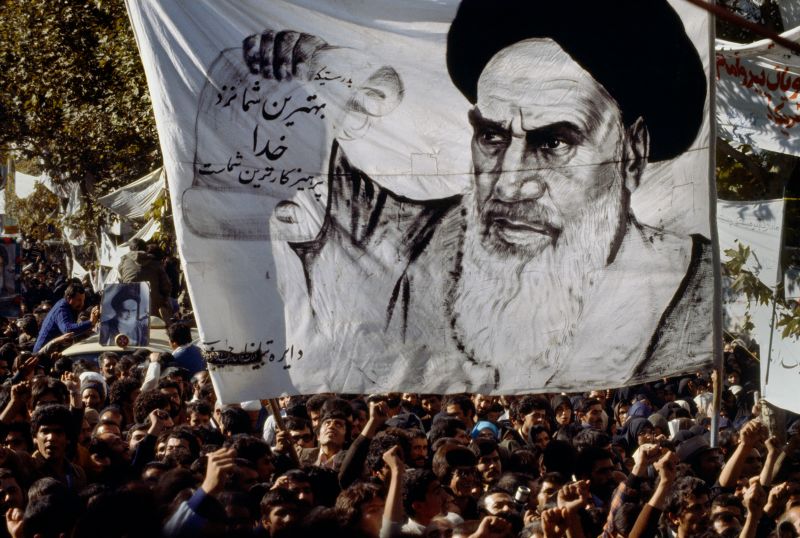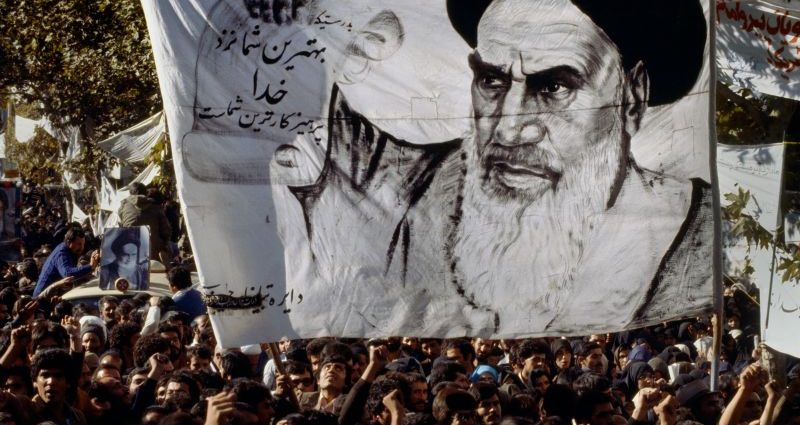
“Hostages” tells several major stories in one, from the history of US intervention in the Middle East to the Iranian hostage crisis’ impact on presidential politics to that period’s influence on media, launching “Nightline” as a byproduct. The result is a highly resonant trip down bad-memory lane, highlighting how those ripples remain evident 40-plus years later.
What makes this four-hour HBO presentation so rich hinges on the team of five directors interviewing parties representing all sides of these events, conveying the history of US-Iranian relations in all its complexity. That includes some of the Iranian students who planned to hold the US Embassy for 48 hours in 1979 and ended up taking more than 60 Americans as captives, keeping 52 of them for 444 days.
In the process, they crippled the Carter administration, after President Jimmy Carter, despite his human-rights rhetoric coming into office, having embraced the Shah of Iran despite egregious abuses under his regime – words and actions that fueled hostility toward the US when the revolution erupted.
“History will say that we made Reagan president of the United States,” says Ebrahim Asgharzadeh, one of the student leaders.
Perhaps foremost, “Hostages” zeroes in on the impact of daily coverage out of Iran, and how the hostage takers maximized the situation in a way that made Carter look weak and inept under the camera’s relentless glare.
“This was the first American foreign-policy crisis that was fully televised, and it was very television friendly,” observes Gary Sick, National Security Council and Persian Gulf specialist, adding that the Iranians “put on a good show.”
That “show” came to include a nightly update on the crisis, “America Held Hostage,” which ABC News eventually turned into “Nightline.” The program became a permanent fixture that capitalized on satellite technology and the interviewing skills of anchor Ted Koppel.
In addition to interviewing a number of the Americans regarding their ordeal, “Hostages” also contemplates the failed promise of the revolution, which “became a monster” over time, according to former Iranian official Mohsen Sazegara, turning the country into an international pariah.
As some of the interviewees note, what transpired then can still be seen and felt in US politics and America’s policies to this day, as well as the recent protests in Iran. Nor should it be lost on anyone looking at the participants that as with other major 20th-century events, the opportunity to record these voices and secure their firsthand accounts steadily dwindles with the passage of time.
To those paying attention to current events, one needn’t have lived through the crisis to recognize its lingering repercussions, or how well “Hostages” encapsulates them; still, the carefully curated, in some instances previously unseen clips should bring the historical moment flooding back for anyone who did.
“Hostages” airs September 28 and 29 at 9 p.m. ET on HBO, which, like CNN, is a unit of Warner Bros. Discovery.

